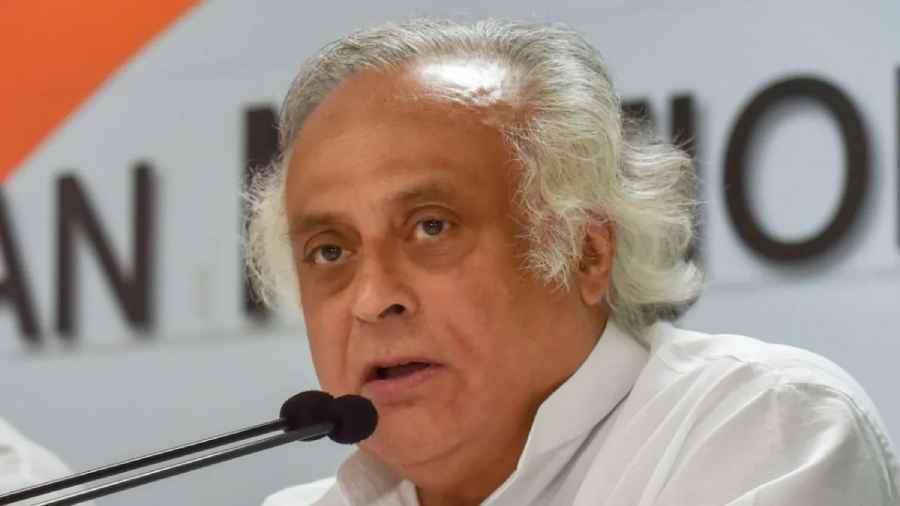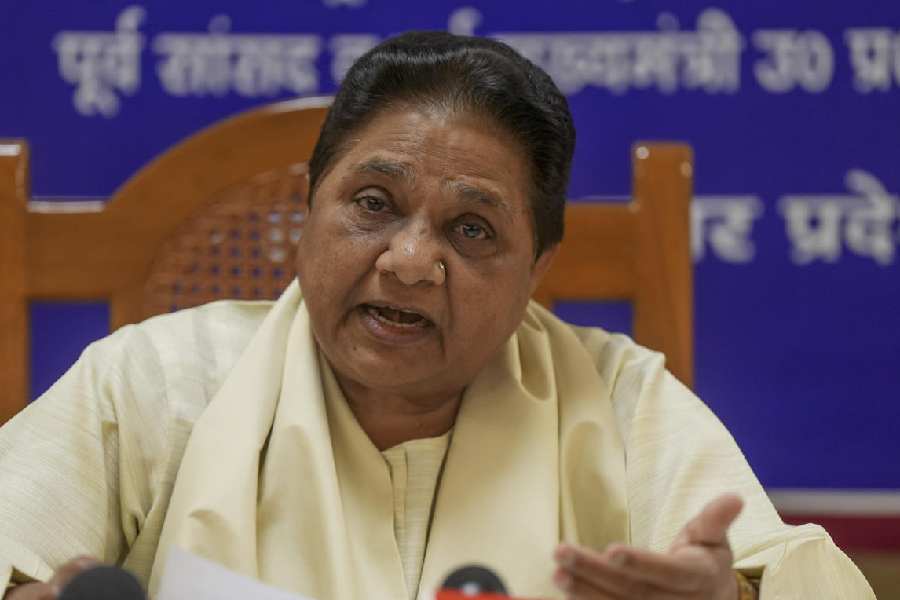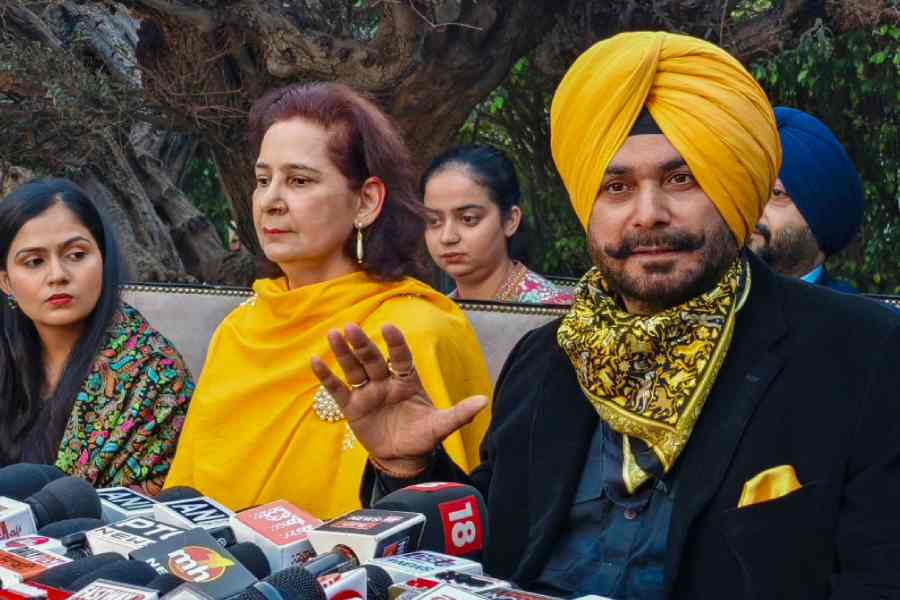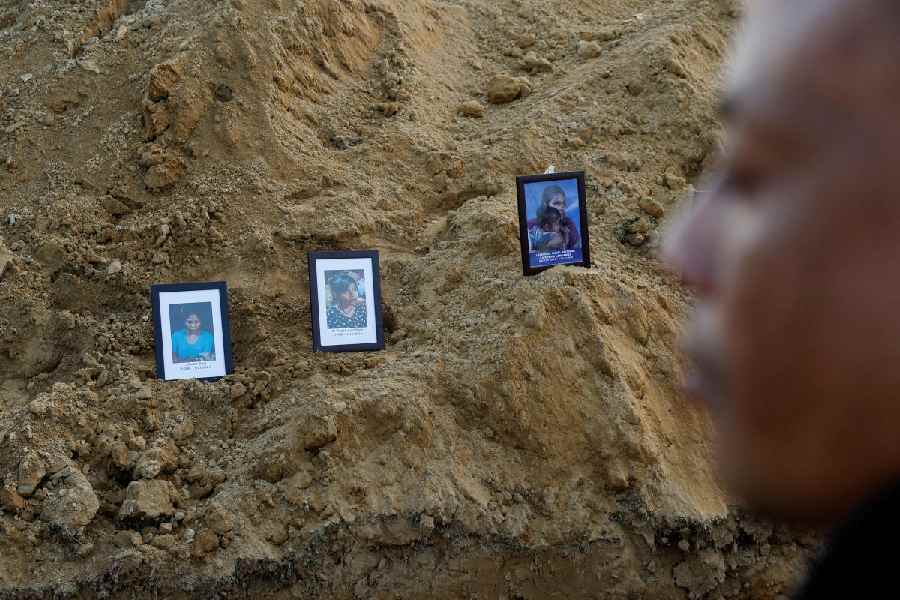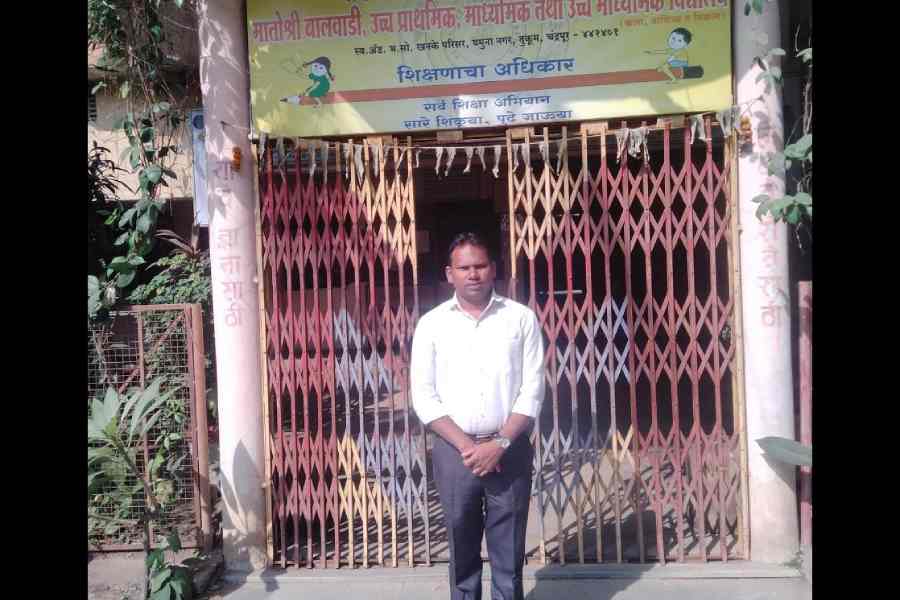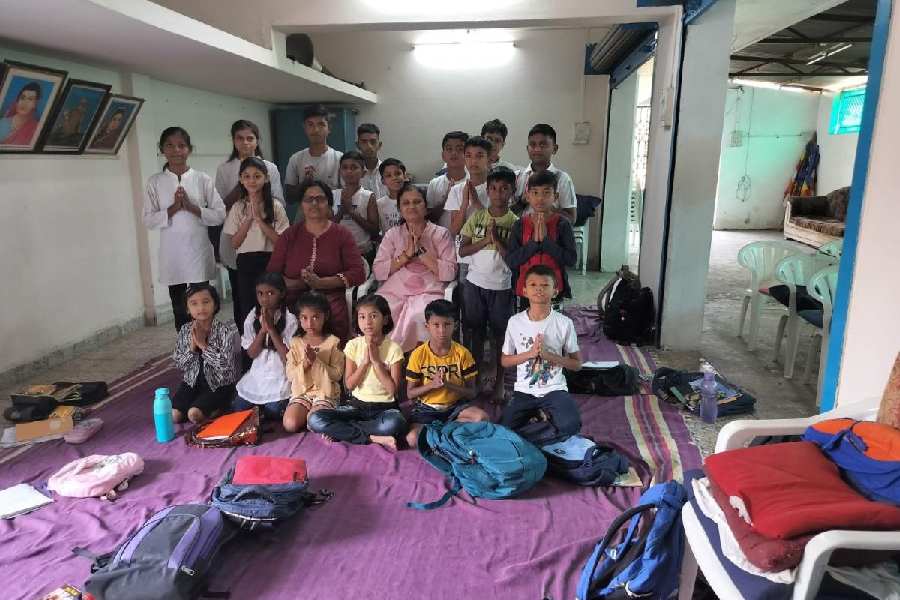The Congress on Sunday indicated that a united national front against the BJP appeared impossible as some “double-faced” parties in the Opposition camp could not be trusted in the critical Lok Sabha elections in 2024.
Broadly welcoming the sentiment expressed by Bihar chief minister Nitish Kumar, who said a united Opposition could whittle down the BJP tally to below 100, the Congress insisted that it wasn’t against a coalition of like-minded parties but subtly hinted at the trust deficit, with some key leaders working towards an alternative national front.
The Congress plenary beginning at Raipur on February 24 will discuss a gamut of alliance issues in detail.
Congress communications chief Jairam Ramesh said: “We invited most of the Opposition parties to join the Bharat Jodo Yatra even as that exercise was not to forge Opposition unity. We understand unity is necessary. We know our role. But what shape the coalition will take is difficult to predict at this stage. The plenary will discuss this issue.”
He took care to place the party’s doubts on record, saying: “The Congress is the only party which has never made any compromise with the BJP. Many parties come to the meetings called by leader of Opposition Mallikarjun Kharge but their action ultimately suits the Narendra Modi government. We don’t have a double-face. We want a joint parliamentary committee (JPC) on the Adani affairs. But some parties said they wanted a Supreme Court-monitored investigation so that the Prime Minister is saved.”
By leveraging its track record of never aligning with the BJP, the Congress may be asking leaders like Nitish and Mamata Banerjee not to lecture or dictate terms to its leadership on how to fight the BJP. It may also be trying to factor in the role played by parties such as the TRS, AAP and the BJD over the past nine years while finalising the contours of an alternative front.
Though the party’s general secretary in charge, K.C. Venugopal, sounded positive about a coalition at the same media conference, highlighting Kharge’s initiative to call all the parties and the invitations sent to most of them for the concluding function of the Bharat Jodo Yatra, Ramesh delved into nuances, showing a glimpse of the complexities involved.
Three sentences Ramesh spoke explained the party’s thinking. One, no credible alternative is possible without the Congress. Two, the Congress doesn’t need a certificate from anybody on its seriousness about fighting the BJP. Three, Congress’s immediate priority is the crucial Assembly elections coming up in 2023. These assertions mean the Congress knows the centrality of its role and is hoping to enhance its bargaining power by doing well in the Karnataka, Telangana, Madhya Pradesh, Rajasthan and Chhattisgarh elections later this year.
Implicit in this posturing are the suspicions nurtured by the leadership about the intent of four chief ministers — K. Chandrashekhar Rao, Arvind Kejriwal, Biju Patnaik and Mamata. Without criticising any of these leaders, Ramesh took care to recall the existing coalitions in Maharashtra, Tamil Nadu, Bihar and Jharkhand. The party doesn’t want to make any commitment on the most important question — of alliance in Uttar Pradesh — without assessing its political might after the upcoming Assembly elections.
The plenary will discuss the alliance question but is unlikely to make any dramatic shift from the existing position. The plenary will be more about strengthening the organisational structure by implementing the plans drawn up at the Udaipiur Chintan Shivir and incorporating the experience of the Bharat Jodo Yatra.
The tagline of the plenary — Haath Se Haath Jodo — underlines the purpose of the whole exercise, which is gearing up the party for the 2024 battle.
Around 15,000 people have been invited to the plenary, which will end on February 27 with a public rally.

